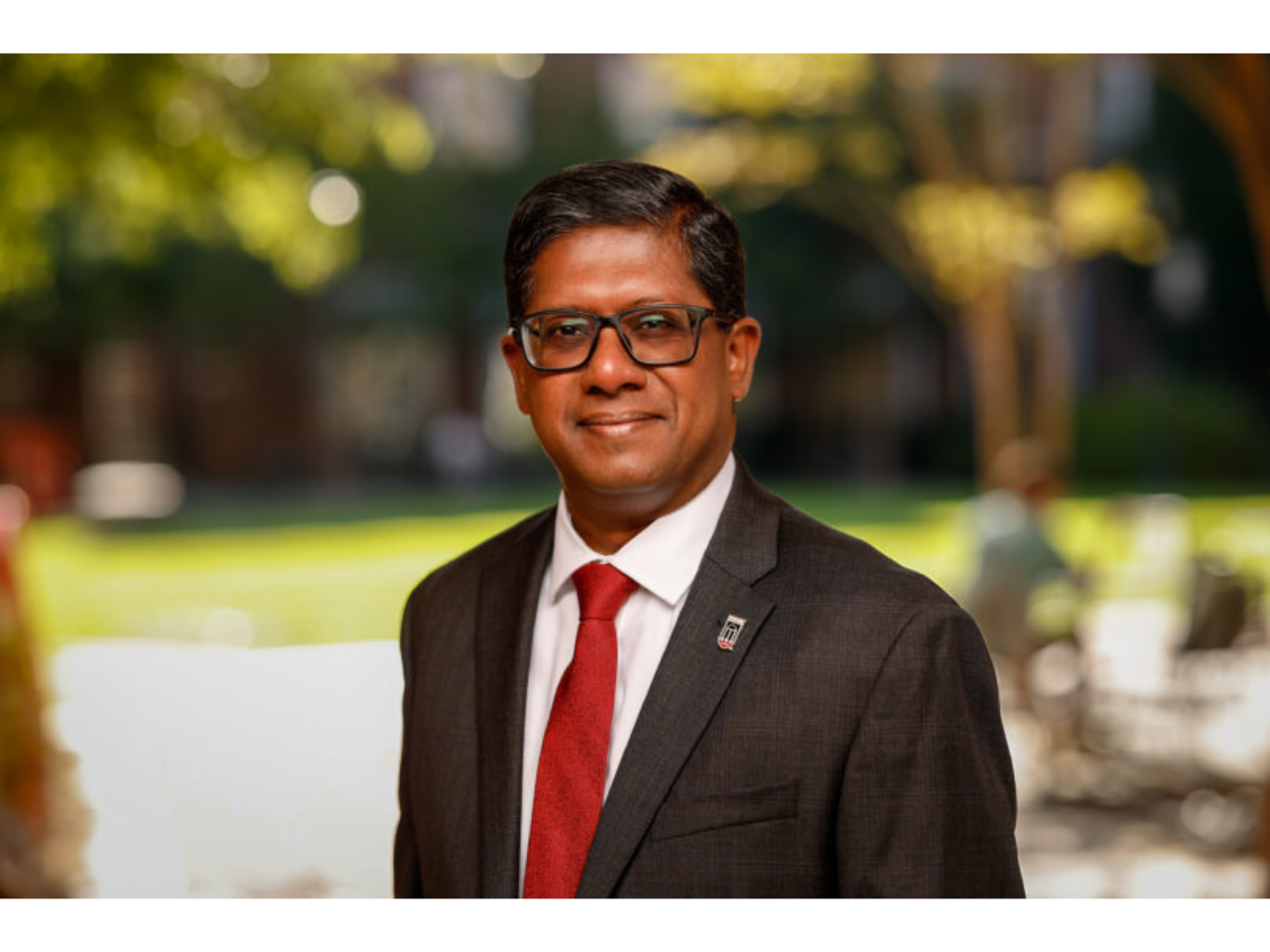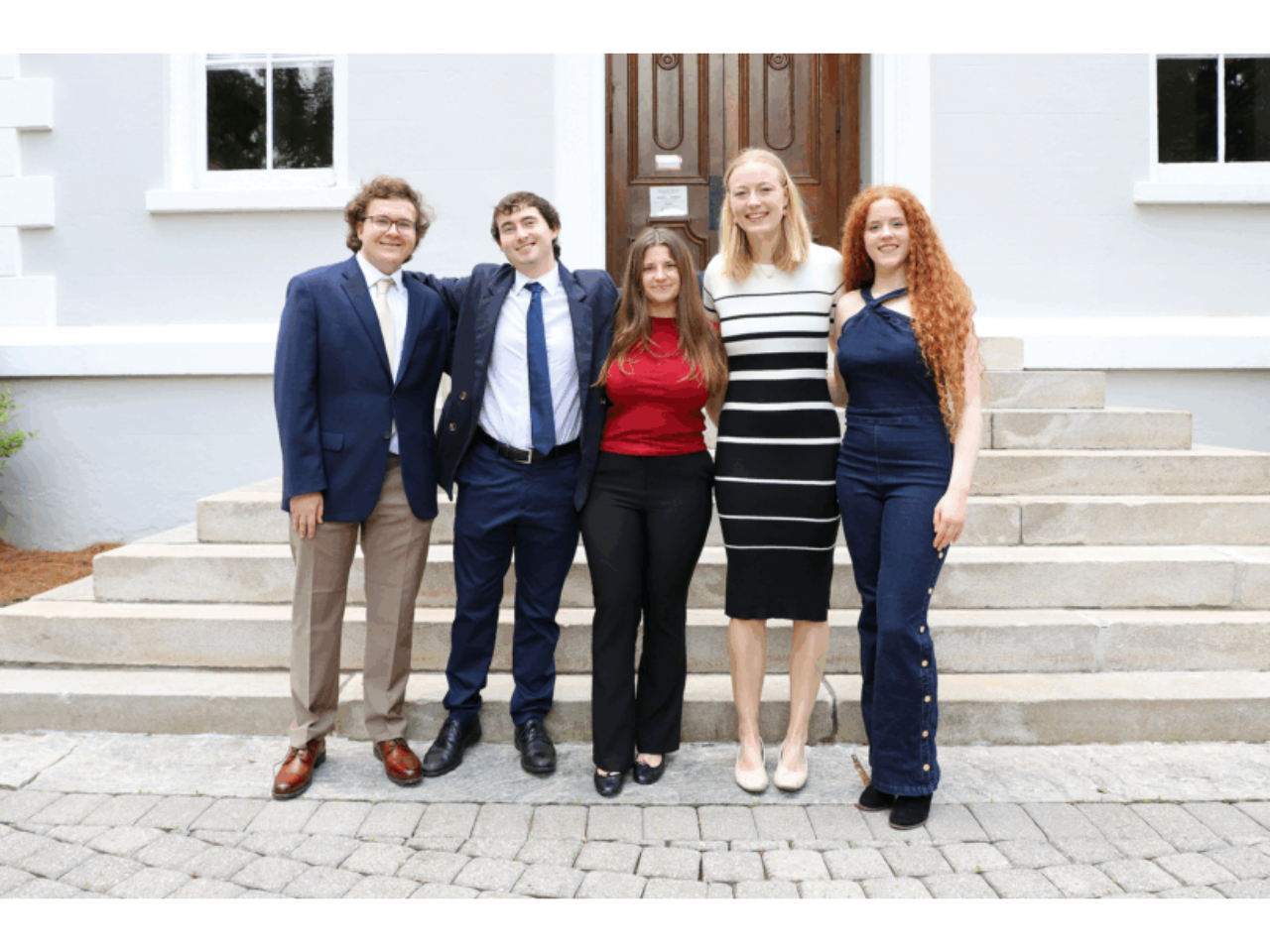The purpose of this guidance is to provide guidelines to University of Georgia faculty and staff regarding requests to provide public testimony on legislative, budgetary, regulatory, and other matters at the local, state, and federal levels. This guidance does not cover testimony in connection with litigation, whether civil or criminal.
All University employees have the right to express their personal opinions on matters of public concern, and nothing in this guidance is intended to infringe or restrict rights guaranteed by the United States Constitution, including free speech under the First Amendment or the due process clause of the Fourteenth Amendment. University faculty and staff have specialized knowledge and expertise in a wide variety of subjects and sharing that knowledge and expertise to inform and educate the public is a primary purpose of the University.
Nonetheless, when a witness identifies oneself as an employee of the University of Georgia, the public might assume the person is speaking on behalf of the University. That is often not the case, and it is important for faculty and staff, as well as for the University, that the public understands the capacity in which a faculty or staff member is appearing.
Statement:
This guidance addresses two situations: first, the process for considering requests for public support on an issue from the University itself; and second, the capacity of faculty and staff to provide public testimony or comment in their individual capacities (which could include their capacities as members of outside organizations). In each case, this guidance covers such public testimony or comment whether given orally in a hearing or in writing through testimony provided to a congressional committee, for example.
For guidance regarding communications with the media, whether in an individual capacity or on behalf of the University, please see the Division of Marketing and Communications guidance on speaking for the institution, located here: https://policy.uga.edu/policies/#/programs/HJqYxszQT.
As a reminder, all public testimony is subject to the University System of Georgia’s guidance on political activity, available here: https://legal.uga.edu/guidance/political-activities. In some cases, public testimony may be subject to the University of Georgia’s policy on Conflicts of Interest, Conflicts of Commitment, and Outside Activities (the “COI Policy”), available here: https://policy.uga.edu/policies/#/programs/H1Mh55d56. Although outside the scope of this guidance on public testimony, acting as an expert, professional, or consulting witness in litigation may also be subject to the COI Policy.
A. Requests for the University’s Assistance through Public Testimony or Comment
Organizations and individuals, including elected officials, may from time to time be interested in having the University’s assistance or input on an issue. This assistance or input often relies on the knowledge and expertise of the University’s faculty and staff, who can receive approval from the University to speak on behalf of the University in a legislative or other public setting. As a public institution, the University is subject to certain limitations and requirements with respect to its official participation in the consideration of public issues. For example, the University of Georgia is a registered lobbying organization under federal law and must comply with the requirements set forth in the Federal Lobbying Disclosure Act of 1995. Therefore, it is vitally important that requests for the University’s support be considered carefully and consistently.
If a faculty or staff member receives a request for the University’s assistance or input on an issue, whether from elected officials, outside organizations, or otherwise, the request must be forwarded to the University’s Office of Government Relations (“OGR”) for consideration. If the faculty or staff member believes it appropriate, they are encouraged to communicate in writing to OGR their recommendation regarding how to respond to the request for assistance or input. Ultimately, the President must approve official University positions, and OGR is responsible for working with the President and other administrators to ensure that the University’s positions and priorities are clearly and effectively communicated to the public and to elected officials.
Should OGR inform the faculty or staff member that the University approves the request for assistance or input, such faculty or staff member may provide such public testimony, and doing so will be considered to occur within the scope of the faculty or staff member’s job duties for the University. In such situations, the faculty or staff member will work closely in conjunction with OGR to prepare their testimony to ensure that their comments accurately represent the University’s official position on the matter. Providing public testimony in this way would be considered either part of a faculty or staff member’s primary or secondary responsibilities under the COI Policy. Reasonable travel and related expenses associated with providing approved testimony on behalf of the University will be treated as work-related travel for the purpose of authorization and reimbursement subject to University travel policies.
Should OGR inform the faculty or staff member that the University does not approve the request for support, such faculty or staff member may still be able to provide public testimony in an individual capacity as provided in section B below.
B. Public Testimony and Comment in Individual Capacity
Unless specifically approved by the University to provide public testimony on its behalf, faculty and staff should take care to avoid any appearance that the testimony is given in an official capacity as an employee of the University. Any faculty or staff member providing public testimony in an individual capacity must clearly state that: (a) they are testifying in an individual capacity; (b) they are expressing their own personal views; and (c) they are not representing the views of the University of Georgia, their College, or their Department. A simple caveat at the beginning of written or oral comments that states, “I am here in my individual capacity to express my own personal views on the subject, and I am not representing the views of the University of Georgia,” is sufficient. A faculty or staff member is not restricted from noting their employment status, title, or affiliation with the University or their background and credentials as a biographical matter, but it should be clear to the audience that the faculty or staff member is not speaking in their capacity as an employee of the University. Following this procedure will ensure that faculty and staff can feel free to offer testimony in their areas of expertise, as well as alleviate any concerns that their statements will be construed incorrectly as official positions of the University.
Furthermore, faculty and staff testifying in an individual capacity should refrain from using University letterhead or other official University methods of communication to express their views. Likewise, faculty and staff are encouraged to adhere to University policies relating to the use of computers and other equipment, including email, facsimile, and telephones. An employee may not disclose or otherwise use information developed, learned, or received in the context of the employee’s job duties that is restricted, sensitive, or otherwise confidential.
If testimony is given during a faculty or staff member’s normal business hours, they should consider whether it is appropriate to utilize annual leave while away from the workplace as well as ensure that such testimony does not constitute a conflict of commitment under the University’s COI Policy or otherwise disrupt or interfere with the employee’s job duties or responsibilities.
Notwithstanding any of the above, certain employees may be restricted in their ability to provide public testimony, even in an individual capacity, depending on the employee’s job duties for the University. As a rule, an employee may not provide public testimony in an individual capacity to the extent that such public testimony would substantially disrupt or interfere with the employee’s job duties or responsibilities for the University.
The University encourages a faculty or staff member who is planning to provide public testimony in their individual capacity to contact OGR and share the subject, time, and venue of the planned testimony. This permits OGR to respond accurately and appropriately to questions received by the University regarding the testimony and the University’s position.
Responsible Parties:
Office of Government Relations
Division of Human Resources
Office of Faculty Affairs



